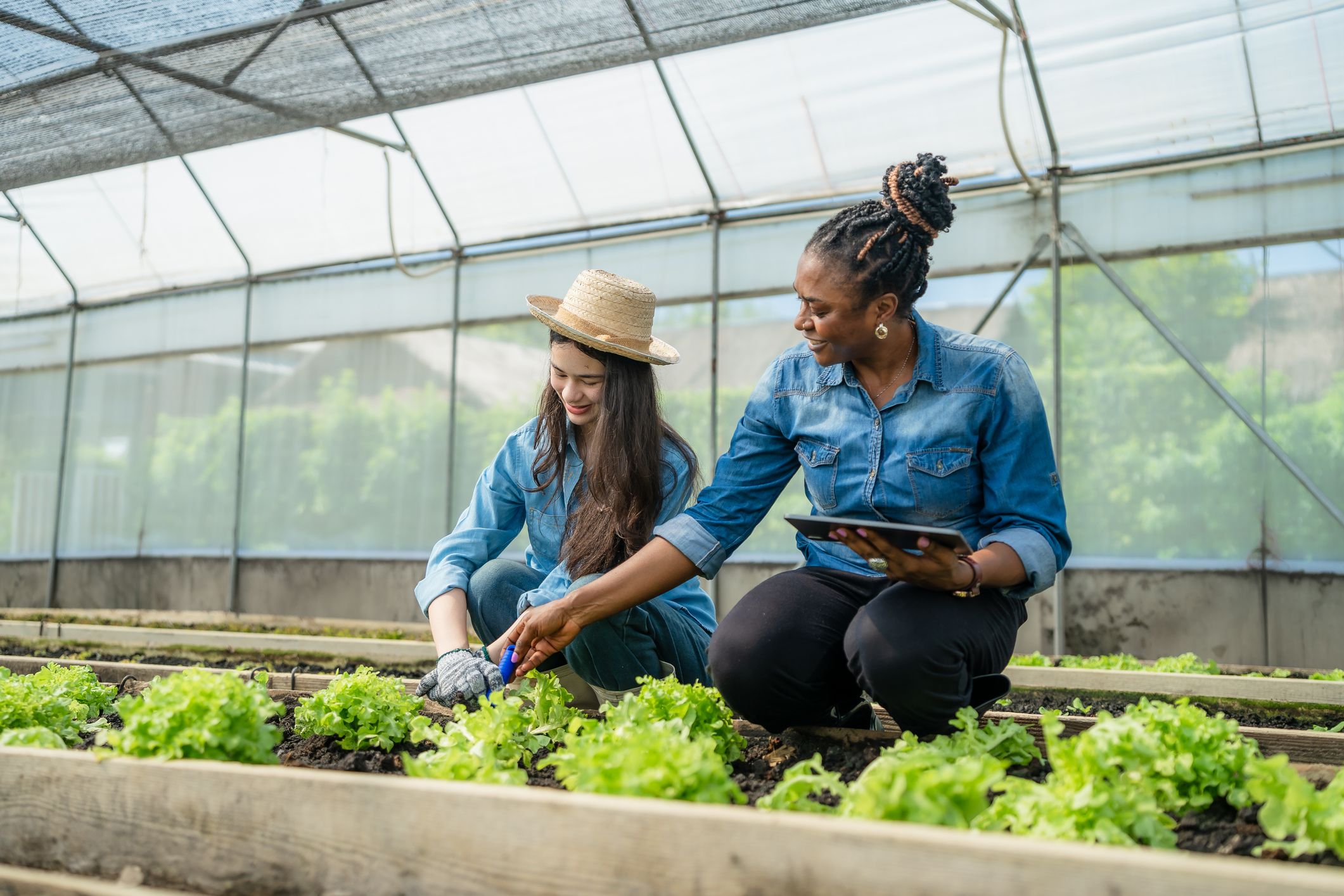
From floating solar plants powering South African farms to precision irrigation systems in Zambia’s climate-smart agriculture programmes, a quiet revolution is underway that’s transforming how the continent feeds itself.
The future of African agriculture isn’t just about growing more food; it’s about growing it smarter, more sustainably, and adapting to unprecedented climate events. From floating solar plants powering South African farms to solar-powered irrigation systems transforming farming in Botswana, a quiet revolution is underway that’s transforming how the continent feeds itself.
At the centre of this transformation is an unlikely catalyst: innovative banking solutions that blend commercial financing with climate science, creating opportunities that benefit farmers and the planet.
“We want to support our farmers and clients in adopting more sustainable and climate-resilient practices. We theme our solutions around climate-smart agricultural financing. We’ve developed four categories, which we call smart energy, smart water, smart equipment, and smart practices,” said Louis van Ravesteyn, Head of Agribusiness at Standard Bank Group.
Van Ravesteyn was speaking during Standard Bank’s Africa Unlocked Conference on a panel themed “Agriculture: The Bedrock of Africa’s Economic Growth and Innovation” exploring agriculture’s role in Africa’s economic growth, climate-smart financing, and technology adoption.
He was joined on stage by Francois Rossouw, the Managing Director at Mooigezicht Estate in the Western Cape, Louw Pienaar, a senior analyst at the Bureau for Food and Agricultural Policy (BFAP), and Robert Kotut, the Executive Director at Karen Roses from Kenya.

Twin pillars of climate-smart agriculture
The key to sustainable farming practices is blending agriculture, innovation and technology. Kotut explained how technology systems help manage water usage: “We use tech a lot because it has become cheaper. Every supervisor has a smartphone on which they digitally record every production and harvest cycle. We use technology to track and see that we’re not overusing and wasting water and nutrients.”
These technological advances represent just one aspect of the climate-smart agriculture equation. Equally important is the financial infrastructure needed to support widespread adoption, particularly among smallholder farmers who may lack capital for initial investments.
This is where Governments and Development Finance Institutions (DFIs) have emerged as key players alongside banks in agricultural value chain investment opportunities.
“They are interested in how we uplift smallholder farmers. They’re very interested in sustainability and climate change. The blended finance is just a way we share either risk with the funder, be it a Government or DFI, or they can give certain guarantees and risk sharing,” van Ravesteyn explained.
This blended finance approach creates a sustainable cycle: technology enables more efficient resource use and higher productivity, while targeted financial instruments make these technologies accessible to farmers of all sizes.
Export challenges
The agricultural sector’s expansion into international markets offers significant opportunities but comes with complex challenges. Rossouw, whose family-owned grape farm has been in business with Standard Bank for over a decade, highlighted the tariff and non-tariff barriers encountered when exporting to certain markets.
“I have to compete against Australia, Peru, and Chile, which sometimes have zero import duty. I have to go through five sanitary protocols and cold storage requirements. By the time my grapes arrive in the Asian market, the shelf life is much shorter, and I can’t compete,” he said.
Standard Bank is stepping in to help agricultural clients navigate the increasingly complex landscape of international trade and sustainability requirements. As global markets demand greater transparency and environmental compliance, banks are evolving from traditional financiers to strategic partners.
“In the future, if you export to the EU, you might be asked to comply with certain international regulations like the EU Deforestation Regulation. There’s a lot of work happening around traceability. You will have to show where the commodities we export are coming from and demonstrate the practices that farmers are complying with,” Van Ravesteyn explained.
Africa Unlocked
An important part of Standard Bank’s Africa Unlocked Conference was bringing together stakeholders from across the continent to strengthen intra-African trade.
“The conference has helped connect farmers and buyers across the continent and opened new markets. We have seen relationships form here that you can’t form over email or a Teams call. These are some of the small wins that this type of environment creates,” he concluded.

Join the drive towards a resilient future for African agriculture. Explore how innovative partnerships are shaping change.
Visit Standard Bank’s Agribusiness HERE to learn more.
Read more stories like this on Standard Bank’s Sustainable Impact hub below.
Sustainable Impact Season 2

Sustainable Impact Season 1



